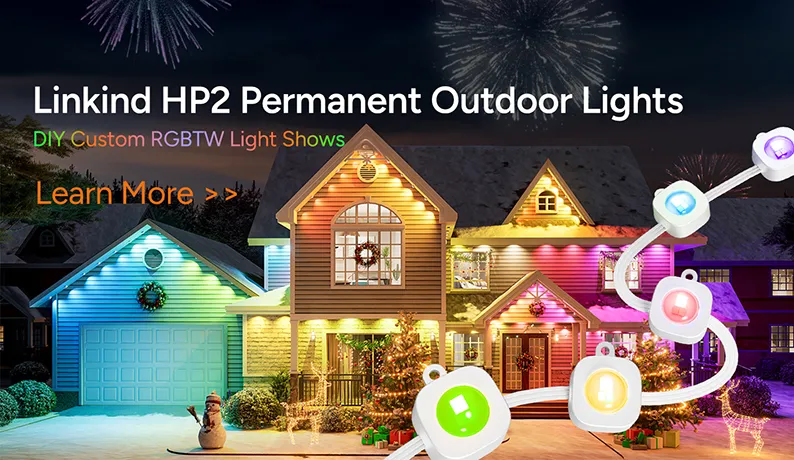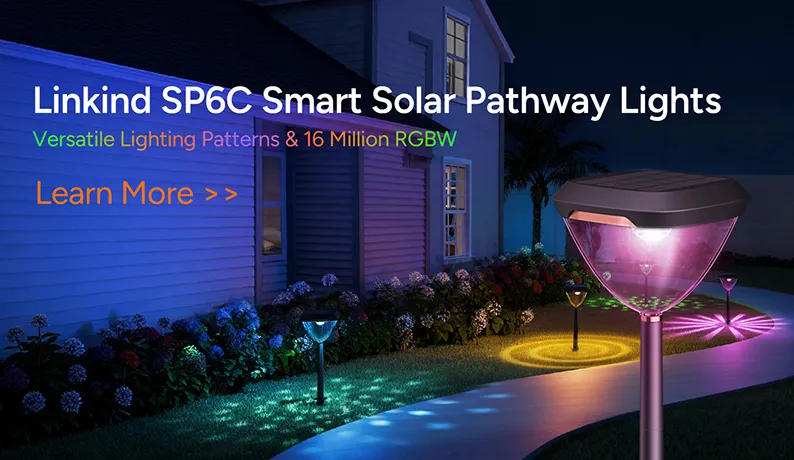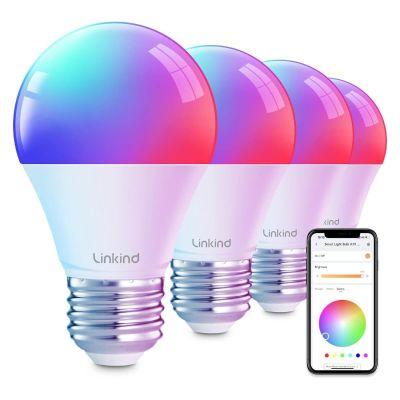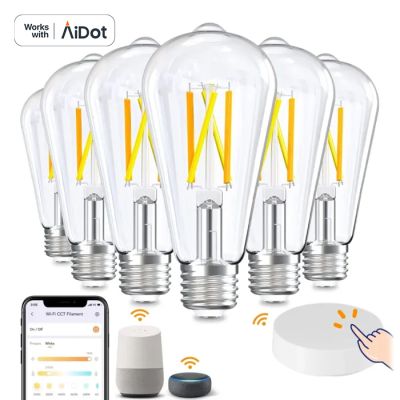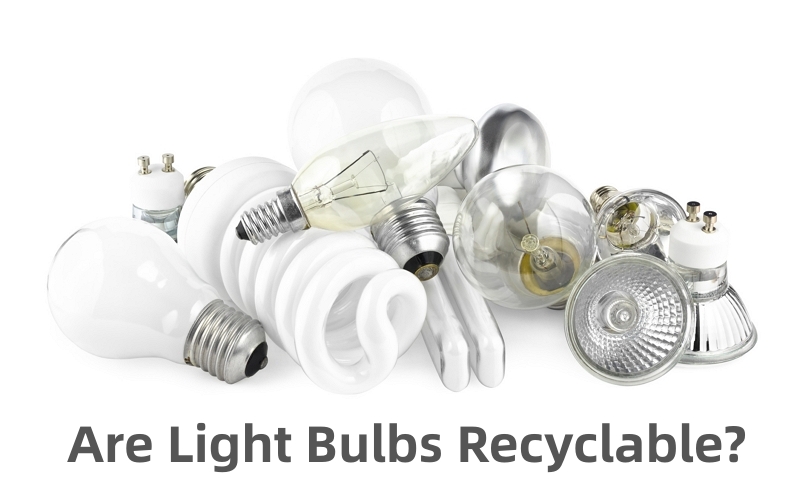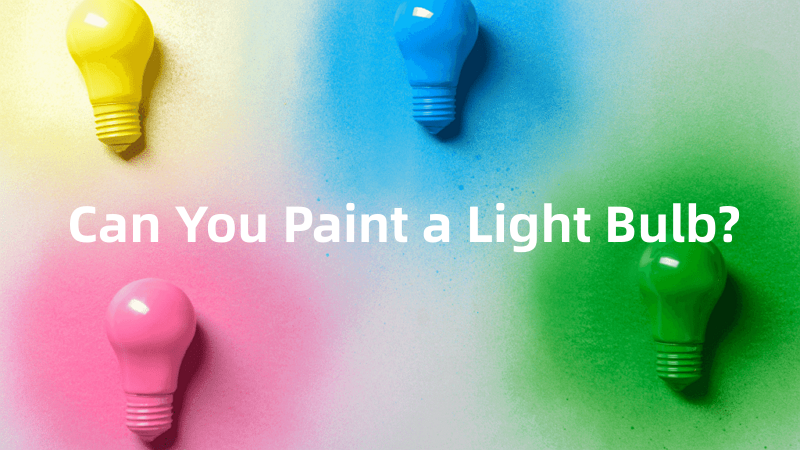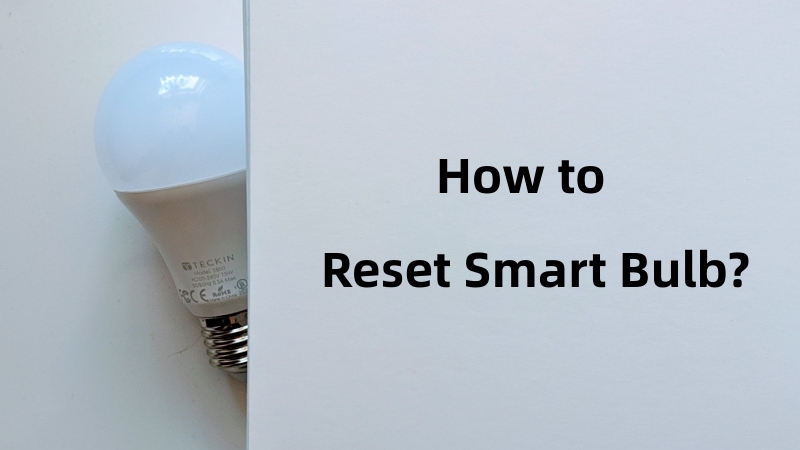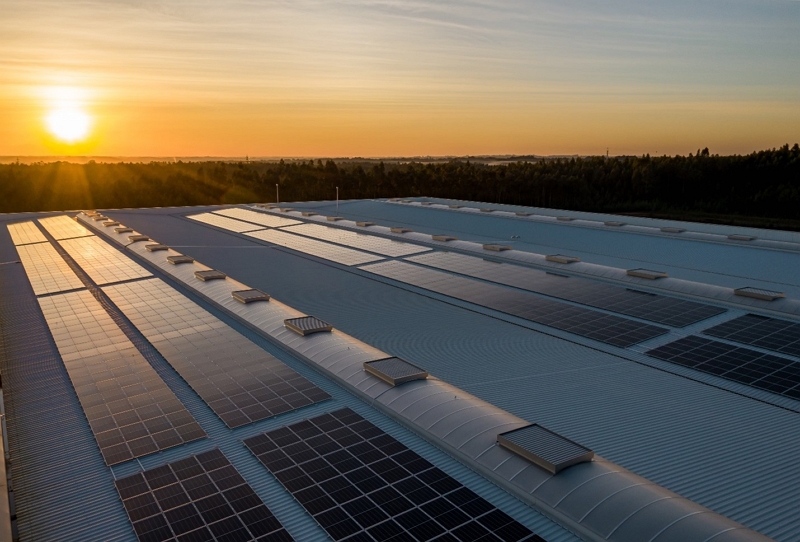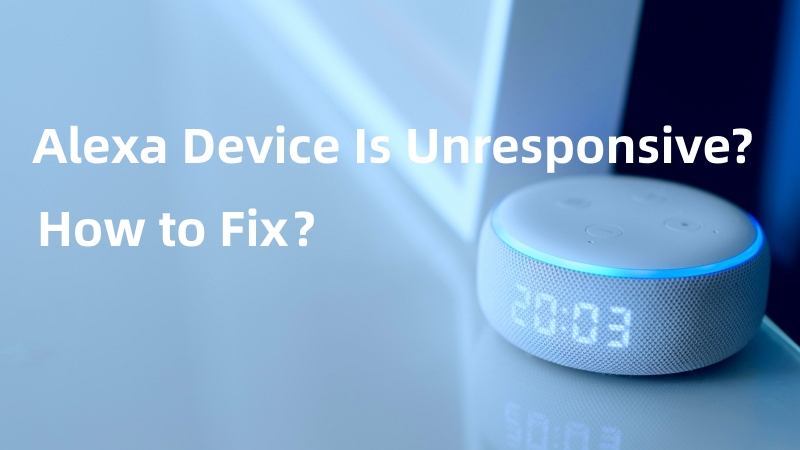Light bulbs are an integral part of our daily lives. We rely on them to light up our homes, workplaces, and even our streets. However, as these light bulbs reach the end of their lifespan, it's important that we understand how to properly dispose of them. Each type of light bulb contains different materials that can be harmful to the environment if not disposed of correctly.
This article will guide you through the correct methods for disposing of various types of light bulbs.
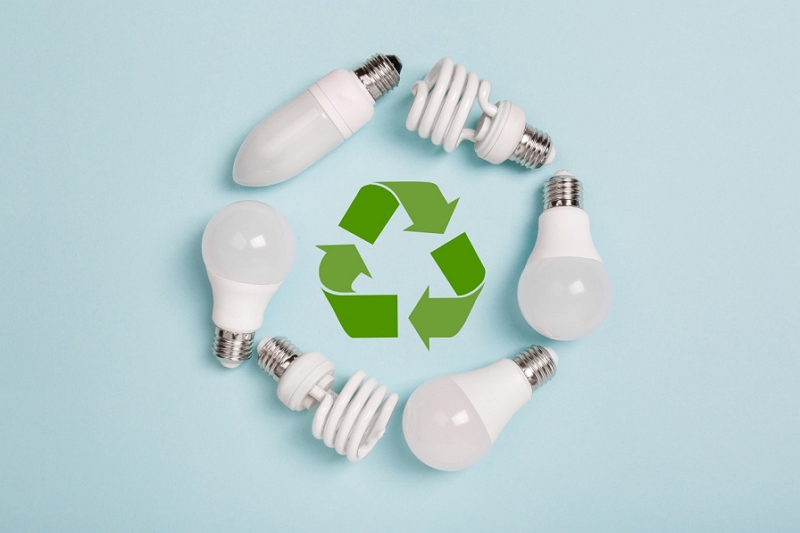

Part 1. The Necessity of Properly Disposing of Light Bulbs
Environmental Protection
Many types of light bulbs contain harmful substances like mercury, lead, and other heavy metals. If improperly disposed of, these toxins can leach into the soil and contaminate water sources, posing significant risks to our environment.
Human Health
Exposure to the heavy metals found in some types of light bulbs can pose serious health risks. Mercury, for instance, is a potent neurotoxin that can cause damage to the brain and nervous system, especially in young children and fetuses.
Waste Management
Proper disposal reduces the amount of waste sent to landfills and incinerators. This is particularly important for bulbs containing harmful substances, as incinerating these bulbs can release toxins into the air.
Resource Conservation
Some components of light bulbs, such as metal end caps and glass, can be recycled and reused. By disposing of bulbs correctly, we can conserve resources and reduce the demand for raw materials.
Legal Obligations
In many jurisdictions, there are regulations governing the disposal of certain types of light bulbs, particularly those containing mercury. Following these regulations is not only a legal obligation but also a social responsibility.
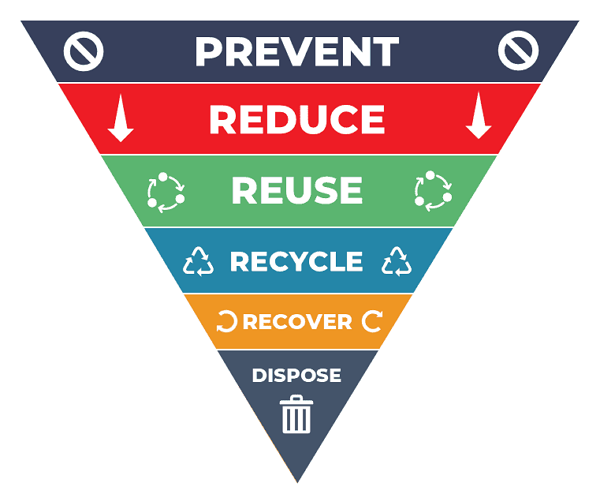

By understanding the importance of proper light bulb disposal, we can make informed decisions and contribute to environmental preservation, resource conservation, and public health.
If these bulbs are simply thrown in the trash, these harmful materials can potentially contaminate our water sources, soil, and air. As responsible citizens, it is imperative that we follow the correct disposal methods for each type of light bulb to minimize our environmental footprint.
Part 2. How to Dispose of LED Light Bulbs
LED (Light Emitting Diodes) light bulbs have revolutionized the lighting industry with their energy efficiency and long lifespan. When an LED bulb eventually reaches its end of life, it's important to remember that it contains small microchips, which include trace amounts of heavy metals like lead and arsenic.
While these amounts are not significant enough to pose a danger to households, they can contribute to environmental pollution if large quantities accumulate in landfills. While it might be tempting to simply throw away these bulbs with your regular household waste, recycling is a more environmentally friendly option. Many communities have specific recycling programs for LED bulbs to prevent them from ending up in a landfill.
Check the U.S. Environmental Protection Agency's website for a list of places that recycle light bulbs or consult with your local waste management facility to see if they offer this service. Another alternative is The Home Depot, which has been known to accept LED bulbs for recycling.
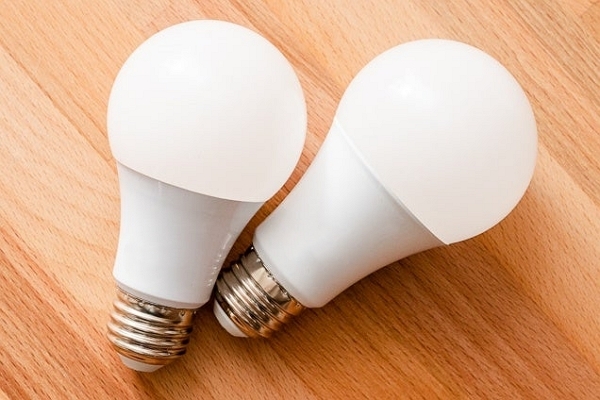

While replacing your LED light bulbs, it's a good opportunity to upgrade to smarter and more efficient lighting solutions like the AiDot Linkind Smart A19 WiFi RGBW Flood Light Bulb. This high-quality smart LED light bulb has a variety of advanced features:
Part 3. How to Dispose of Incandescent Light Bulbs
Incandescent light bulbs can be thrown away with your regular household trash, as they do not contain hazardous materials. However, these bulbs are made up of metal and glass components, which could potentially be recycled. In many cases, the process to recover these materials is too complicated and resource-intensive to be worthwhile, but you might want to check with your local recycling center to see if they accept incandescent bulbs.
Broken incandescent bulbs should be handled with care. Wrap the pieces securely in heavy paper, such as newspaper, so that glass shards don't cut through the garbage bag. This makes garbage pickup safer for both you and waste collectors.
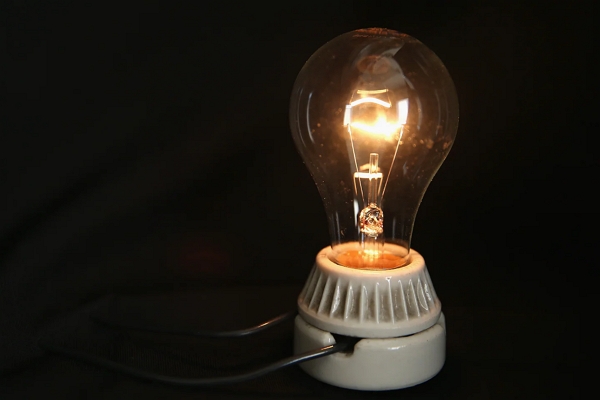

Part 4. How to Dispose of Halogen Bulbs
Similar to incandescent bulbs, halogen bulbs can also be safely disposed of in household trash. Halogen bulbs are made from thicker glass, so they won’t break as easily, but it's still advisable to wrap them before throwing them away.
Place the spent bulb in the packaging the new bulb comes in and then discard it. While recycling options for halogen bulbs are limited, it's worth checking with your local recycling center to see if they accept these bulbs.
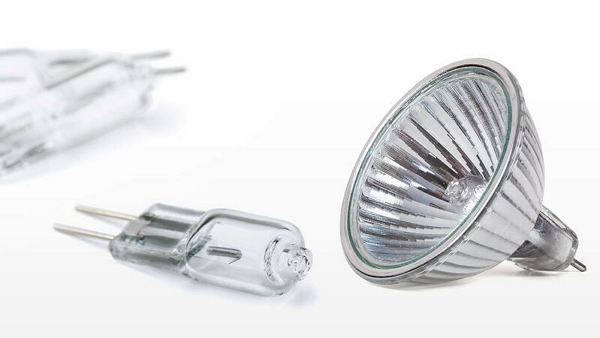

Part 5. How to Dispose of CFL Bulbs
Compact Fluorescent Light (CFL) bulbs are a popular, energy-efficient alternative to incandescent bulbs. However, unlike incandescent and halogen bulbs, CFL bulbs contain a small amount of mercury, which is toxic. Therefore, they should never be thrown away in your household trash, as they could leak toxins into groundwater if they end up in a landfill.
There are several retailers that accept intact and undamaged CFL bulbs for recycling. Some online services also allow you to mail in bulbs to be recycled.
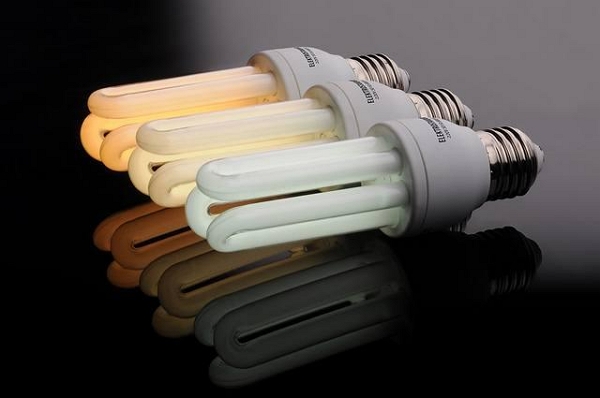

Part 6. How to Dispose of Fluorescent Tubes
Fluorescent tubes, like CFLs, also contain mercury and require careful disposal. They are not permitted to be thrown away in regular trash or put out curbside for collection, as they are considered hazardous waste.
Some local recycling programs have special recycling protocols for these tubes. The U.S. Environmental Protection Agency publishes a list of places that recycle these light bulbs. Alternatively, check with The Home Depot in your area to see if they recycle fluorescent light bulbs.
Regardless of the type of light bulb, the rules and options for disposal can vary widely. Always check with your local waste management authorities to find out the guidelines for recycling light bulbs, or what light bulb disposal options are available in your community. They will have the most up-to-date recycling information for your region.
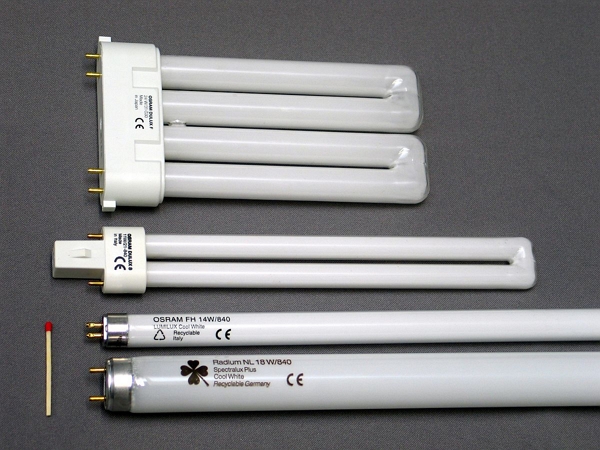

Part 7. Disposal VS. Recycling: Key Considerations for Different Bulb Types
When it comes to disposing of light bulbs, it's essential to note that not all bulbs can be treated the same way due to the different materials they contain. Some bulbs can be safely disposed of in household trash, some must be recycled, and some can be either recycled or thrown away. The following section outlines these key considerations for each bulb type.
Incandescent and Halogen Bulbs
Incandescent and halogen bulbs are the most straightforward types of bulbs to dispose of. They do not contain hazardous materials, so they can be safely thrown away in your household trash.
However, recycling is also an option for these bulbs. While the process of recovering the small amount of metal and glass from these bulbs may be too complex for some recycling centers, it's still worth checking your local recycling center to see if they accept these types of bulbs.
LED Bulbs
LED bulbs, known for their energy efficiency and long lifespan, contain tiny microchips which include trace amounts of heavy metals. Therefore, these bulbs should ideally be recycled to prevent these metals from accumulating in landfills.
While some communities might not have specific recycling programs for LED bulbs, many larger retailers, such as The Home Depot, or online services do accept them for recycling.
CFL Bulbs and Fluorescent Tubes
Compact Fluorescent Light (CFL) bulbs and fluorescent tubes are the types of bulbs that must be recycled due to the small amount of mercury they contain.
They should never be thrown away in household trash, as this could lead to mercury leaking into groundwater and contaminating the environment. Several retailers accept CFL bulbs and fluorescent tubes for recycling. Some even offer mail-in recycling services for these bulb types.
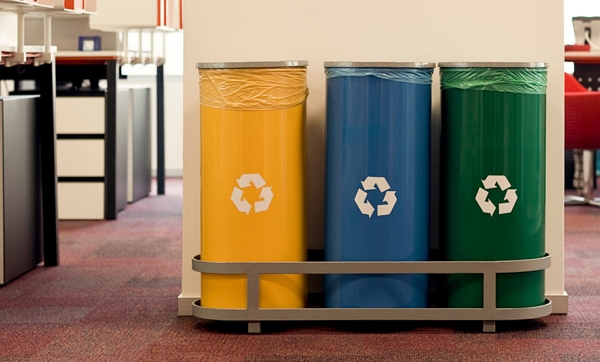

By understanding these different disposal and recycling options, you can ensure that you're properly disposing of your light bulbs in a way that minimizes their environmental impact.
Always remember to consult your local waste management authorities or recycling centers for the most up-to-date information on light bulb disposal in your area.
Conclusion
Proper disposal of light bulbs is crucial in reducing our environmental impact and protecting our health. Always remember to handle light bulbs carefully and to check with your local waste management agency if you're unsure about the proper disposal method for a particular bulb type.
As we continue to use and discard light bulbs, let's also strive to switch to more energy-efficient and environmentally friendly options, like the AiDot Linkind Smart A19 WiFi RGBW Flood Light Bulb. The small changes we make today can have a significant impact on the health of our planet tomorrow.











